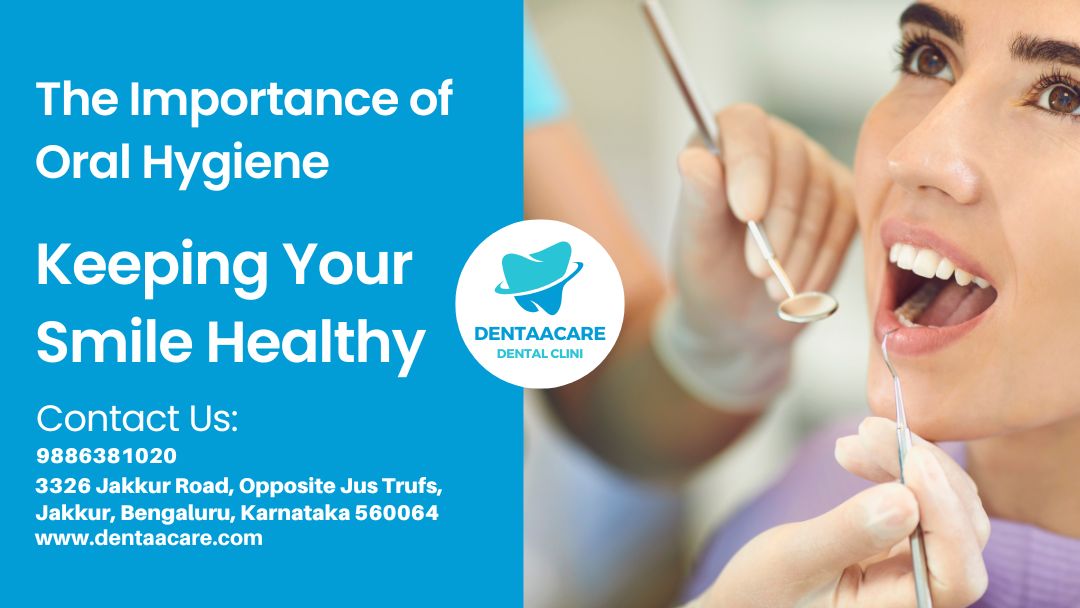Introduction
Maintaining good oral hygiene is crucial for the overall health and well-being of individuals. Oral hygiene practices, such as regular brushing, flossing, and dental check-ups, play a vital role in preventing dental problems and keeping your smile healthy. In this comprehensive guide, we will delve into the importance of oral hygiene and provide you with practical tips and information to help you maintain optimal dental health.
Why is Oral Hygiene Important?
Good oral hygiene is essential for several reasons. Not only does it help to prevent common dental issues, such as cavities and gum disease, but it also contributes to overall health and confidence. By prioritizing oral hygiene, you can:
- Prevent Dental Decay: Proper brushing and flossing remove plaque and food particles, reducing the risk of cavities and tooth decay.
- Maintain Healthy Gums: Regular oral care prevents gum disease, which can lead to tooth loss and other serious health complications.
- Enhance Fresh Breath: Good oral hygiene eliminates bad breath, promoting a fresh and pleasant-smelling mouth.
- Boost Self-Confidence: A healthy smile enhances your self-esteem and gives you the confidence to interact with others.
- Promote Overall Health: Poor oral health has been linked to various systemic conditions, including heart disease and diabetes. By maintaining good oral hygiene, you contribute to your overall well-being.
The Importance of Regular Brushing and Flossing
One of the fundamental aspects of oral hygiene is regular brushing and flossing. It is recommended to brush your teeth at least twice a day using a soft-bristle toothbrush and fluoride toothpaste. Remember to:
- Brush for two minutes, covering all tooth surfaces.
- Pay special attention to the gumline, where plaque tends to accumulate.
- Replace your toothbrush every three to four months or when the bristles become frayed.
- Use dental floss or interdental brushes to clean between your teeth, removing debris and plaque.
The Role of Proper Nutrition in Oral Health
A healthy diet plays a significant role in maintaining good oral hygiene. Here are some dietary considerations for optimal dental health:
- Limit Sugary Foods and Drinks: Excessive sugar consumption can contribute to tooth decay. Minimize your intake of sugary snacks, sodas, and candies.
- Eat Tooth-Friendly Foods: Incorporate foods rich in calcium, such as dairy products, leafy greens, and almonds, as they promote strong teeth and bones.
- Stay Hydrated: Drinking plenty of water helps rinse away food particles and keeps your mouth hydrated, reducing the risk of dry mouth and associated dental issues.
The Importance of Regular Dental Check-Ups
Regular dental check-ups are an integral part of maintaining oral health. Visiting your dentist at least twice a year allows for early detection and prevention of dental problems. During these check-ups, your dentist will:
- Perform a Comprehensive Examination: Your dentist will examine your teeth, gums, and mouth for any signs of decay, gum disease, or other oral issues.
- Conduct Professional Cleaning: Dental cleanings remove plaque and tartar buildup, which cannot be effectively removed through regular brushing and flossing.
- Offer Personalized Advice: Your dentist will provide guidance on oral hygiene techniques, diet, and any necessary treatments based on your specific needs.
Frequently Asked Questions (FAQs)
FAQ 1: How often should I brush my teeth?
It is recommended to brush your teeth at least twice a day, preferably in the morning and before bed.
FAQ 2: Is flossing necessary if I brush regularly?
Yes, flossing is crucial as it helps remove plaque and debris from between the teeth and along the gumline, where the toothbrush cannot reach.
FAQ 3: What is the recommended age for a child’s first dental visit?
The American Academy of Pediatric Dentistry recommends that children have their first dental visit by their first birthday or within six months of the eruption of their first tooth.
FAQ 4: How can I maintain good oral hygiene while wearing braces?
It is important to continue practicing regular oral hygiene habits while wearing braces. Use special orthodontic brushes or floss threaders to clean around the brackets and wires, and follow your orthodontist’s instructions for optimal care.
FAQ 5: Can poor oral hygiene affect overall health?
Yes, poor oral hygiene has been linked to various systemic conditions, including cardiovascular disease, diabetes, and respiratory infections. Maintaining good oral health is essential for overall well-being.
FAQ 6: Are mouthwashes necessary for oral hygiene?
While not essential, mouthwashes can be a useful addition to your oral hygiene routine. They can freshen breath, help prevent cavities, and provide additional protection against plaque and gum disease.
Conclusion
Taking care of your oral health is an investment in your overall well-being. By maintaining good oral hygiene practices, such as regular brushing, flossing, and dental check-ups, you can keep your smile healthy and prevent dental problems. Remember to prioritize oral hygiene as part of your daily routine, and consult with your dentist for personalized advice and guidance. With consistent effort and proper oral care, you can enjoy a beautiful, confident smile for years to come.
